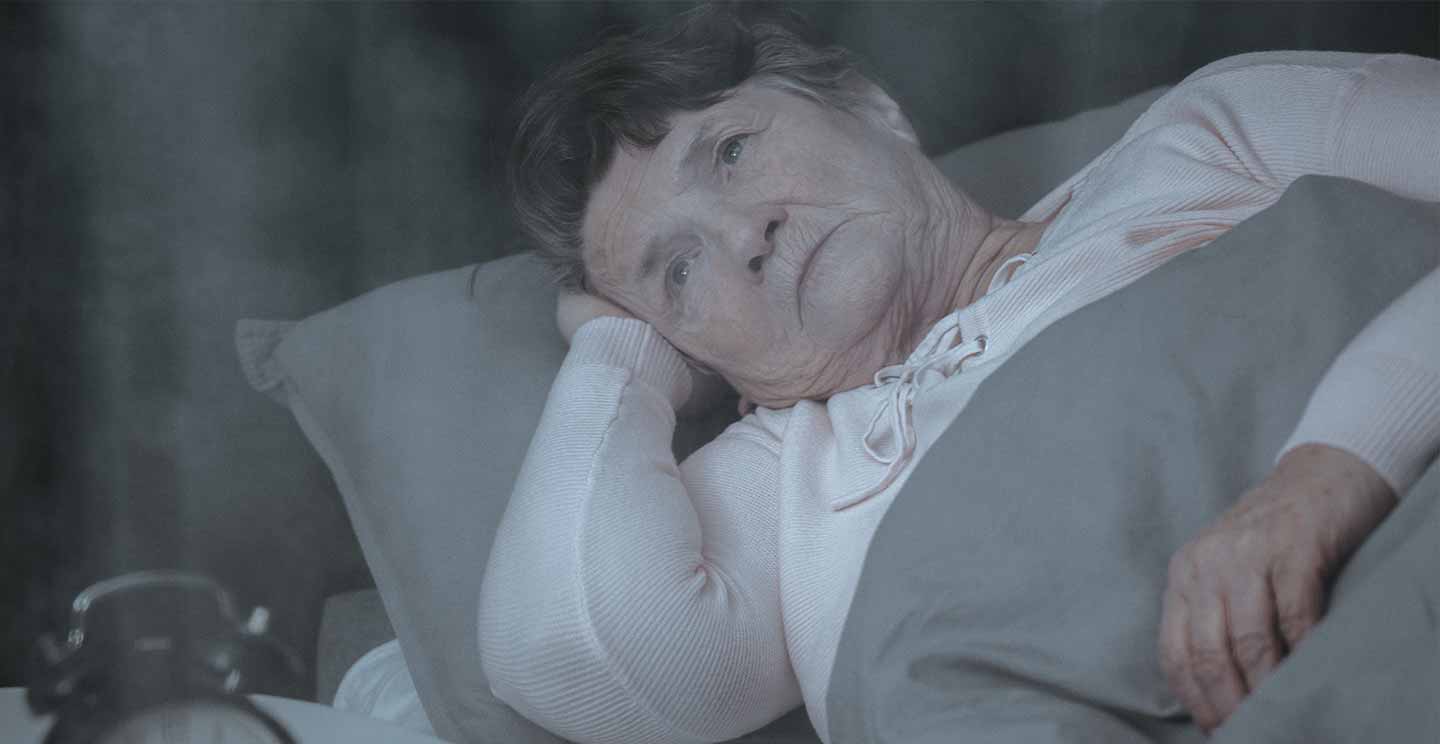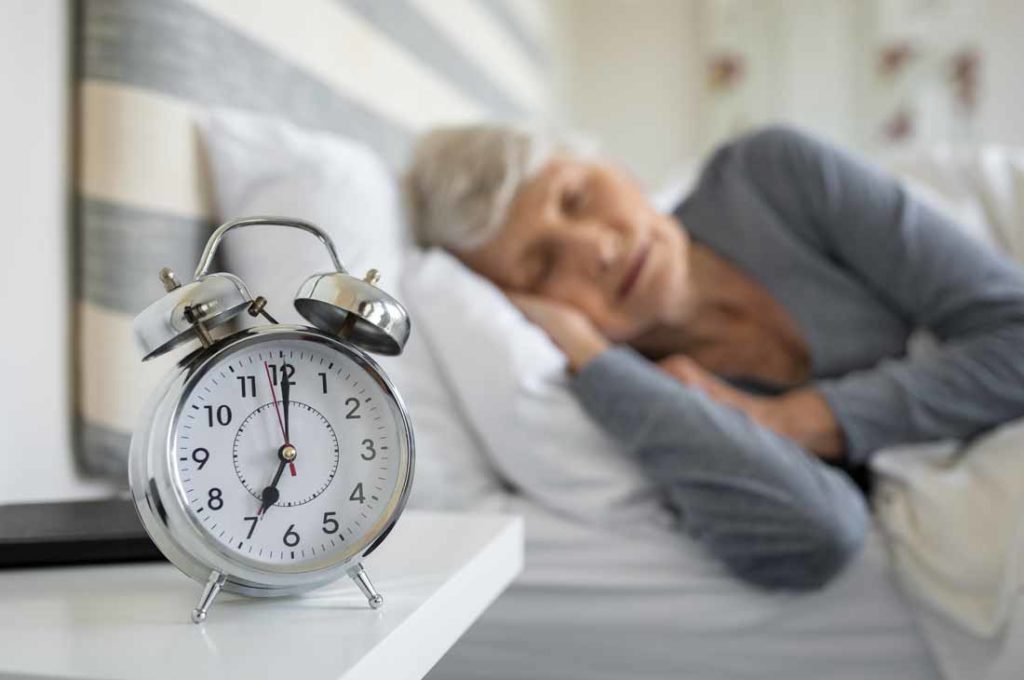Why is sleep so critical for our health and prevention of dementia?
Extensive research in recent years has demonstrated the significance of sleep for physical, mental, and social well-being. It is a critical pillar of health, like nutrition and physical activity.
- Sleep helps support memory and learning
- Sleep helps clear waste from the brain and promote brain health, it ‘cleans’ the brain.
- Sleep supports brain health, and brain health supports sleep
- Sleep supports immune health, and immune health supports sleep
- Sleep helps the immune system to clear bacteria and viruses
Sleep helps to recycle old cells and maintain our bodies and energy levels
Common causes of insomnia and sleep issues
There are 3 main factors affecting sleep:
- Routine — When you sleep, and what you do immediately before that.
- The Sleep Environment — Where you’re sleeping and what you’re sleeping on.
- Diet & Exercise — What you eat and how often you move.
Routine.
Maybe you do have a routine but make it stricter and stick to it. Irregular bedtimes or falling asleep in front of the TV and napping can cause insomnia.
Try some sort of mindfulness practice (this is not for everyone). Mindfulness could take the form of meditation, listening to calming music, or writing a letter.
The Sleep Environment.
Is your bedroom a calm place and comfortable? Make sure your room is dark and quiet. Consider installing blackout blinds to keep out the light.
Don’t read from a backlit device such as an iPad, keep your bedroom for sleeping only. Use a low-level night light.
Is your bedroom too hot or too cold? We are used to sleeping at night when the temperature is a bit cooler.
Is your mattress and pillow right for you? Having a new pillow that is suitable for how you sleep can make a real difference. Often we need a more substantial firmer pillow as we get older.
Diet & Exercise.
What we eat and when we eat it can have a big impact on our sleep. Avoid stimulants before bedtime. Limit caffeine late in the day, this includes tea, coffee, fizzy drinks and chocolate.
- Avoid alcohol before bedtime it may make you sleepy initially but will disrupt overall sleep.
Cut down on sugary foods and refined carbohydrate, they can cause sleep disruption. - Avoid big meals or spicy foods before bedtime as this can lead to discomfort. Light snacks are fine before bed.
- Any older adult who is not sleeping well may benefit from moving their bodies more. Staying active does not mean going to the gym but walking outside, gardening and doing general household jobs.
- Older adults tend to take more medications which can impair sleep. Sleep can also be affected if you do not take medications at the same time every evening.
- Health conditions such as Alzheimer’s and dementia can interfere with sleep. Talk to your doctor if you think that your medication is affecting your sleep. See our article ‘Six steps to reduce your risk of getting dementia’
Getting Back to Sleep.
As you get older, it’s normal to wake more often during the night. However, if you’re having problems, do read the tips below.
- The most important thing is to make relaxation your goal not sleep. Try a relaxation technique such as deep breathing or meditation. YouTube has many tools for getting back to sleep, from music to relaxation techniques. There are also apps that you can use (e.g. Calm, Sleepio, Relax Melodies)
- Avoid clock watching it will just aggravate your insomnia.
- Give yourself 20 minutes to fall asleep- if you’re still awake, get out of bed and do a quiet non-stimulating activity such as reading. Some people recommend aversion therapy – doing your least favourite job when you wake up!
- Write it down. If something specific is on your mind having a notebook to write it down and thinking about it in the morning can help. Stress and anxiety can build up in the day, try to keep a to-do list and write concerns down before you go to sleep.
When to talk to a doctor about sleep problems.
If you or your elderly relatives are still experiencing sleep problems, keep a ‘sleep diary’ (see below for a downloadable Daily Sleep diary) and talk to your doctor.
A doctor will want to know how much sleep you’re getting, your medications, how much alcohol and caffeine you consume and what exercise you take.
A doctor may prescribe some medication to help you establish a better sleep routine. Sleeping tablets can be effective when used sparingly for short-term situations. Often the issues are more about addressing other lifestyle issues, as relying on medications is not a long-term solution.


